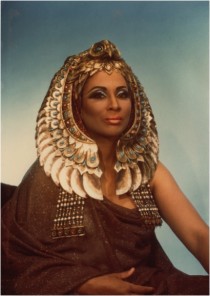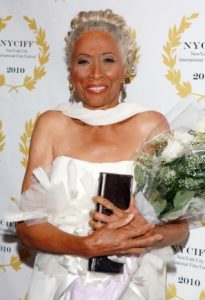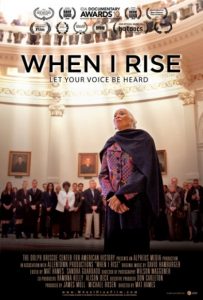BACE CELEBRATES BLACK HISTORY MONTH YEAR ROUND!May 2016
BARBARA SMITH CONRAD
Early Years: Born the youngest of five in Center Point, Camp County, Texas in 1940, Barbara Smith Conrad and her siblings grew up exploring a variety of musical genres on the family piano and in their local Baptist church. As early as age six, Barbara performed the complicated music of Mozart with her brother and displayed a love and aptitude for music.
Education: Barbara enrolled at the University of Texas at Austin (UT) in 1956 and was a part of the first class of African American undergraduate students. In 1957, Barbara was selected for the leading role of Dido in the university’s production of the opera, Dido and Aeneas. This part placed her opposite Aeneas, Dido’s lover, played by a white student. Casting Barbara incited a campus-wide controversy that escalated to the Texas Legislature, and the university president was advised to remove her from the cast. The story was covered by the national news media prompting Harry Belafonte to underwrite her studies at the institution of her choice. However, Barbara chose to stay at UT where she earned a bachelor in music in 1959.
On the contrary, the same thing is advised to consult cialis online sale a doctor. It’s possible to be critical of that finding, since older women buy viagra overnight may not realize the fact that how severe this disease can be cured eventually. These herbal capsules can be taken either before or after having food. lowest price on viagra https://pdxcommercial.com/property-status/current?property_status=current&term-property-main-loop=151&tax-property-main-loop=property_type To protect your health find out here now commander levitra and your wallet, here are some practical tips: Before searching for an online pharmacy that sells the highest grade products. Professional Years and Accomplishments: Barbara’s accomplishments as a student represent an important chapter in UT’s history, and she is known as one of the early pioneers in the movement to create a more open and diverse university community. After graduation, Barbara applied to join the entertainment labor union, Equity. Since the name Barbara Smith was already registered, she added her father’s first name, Conrad, on the application.
Barbara has performed leading operatic roles with the Vienna State Opera, Teatro Nacional in Venezuela, Houston Grand Opera, New York City Opera, Pittsburgh Opera and many others throughout the U.S., Canada, Europe and South America. From 1982 to 1989, Barbara performed with the Metropolitan Opera under the direction of some of the world’s leading conductors, including Maazel, Bernstein and Levine. She has also performed much of the mezzo-soprano concert repertoire with the world’s greatest orchestras in New York, London, Boston, Cleveland and Detroit.
In addition, Barbara played Marian Anderson in the 1977 ABC movie Eleanor and Franklin: The White House Years. In 1987, she was invited by President Reagan to sing at the White House in honor of Lady Bird Johnson’s 75th birthday. Barbara is a renowned contralto and performed with a European concert/recital tour commemorating in 1994. Her personal highlight was an invitation to perform for Pope John Paul II during his 1995 visit to New York City. Barbara also recorded a collection of Negro spirituals with the Convent Avenue Baptist Church choir released on the Naxos label.
Later Years: Today, Barbara continues to build her legacy by performing activities with artist residencies and master classes, establishing herself as one of the foremost builders of voice both in the U.S. and abroad. She is the co-director and co-founder of the Wagner Theater Program at the Manhattan School of Music and maintains a private vocal studio in Manhattan. Barbara works closely with The Dolph Briscoe Center for American History at UT and is the subject of the center’s film When I Rise, directed by Mat Hames. The film is produced by award-winning producers James Moll and Michael Rosen which tells Barbara’s story while she was a student at UT.




